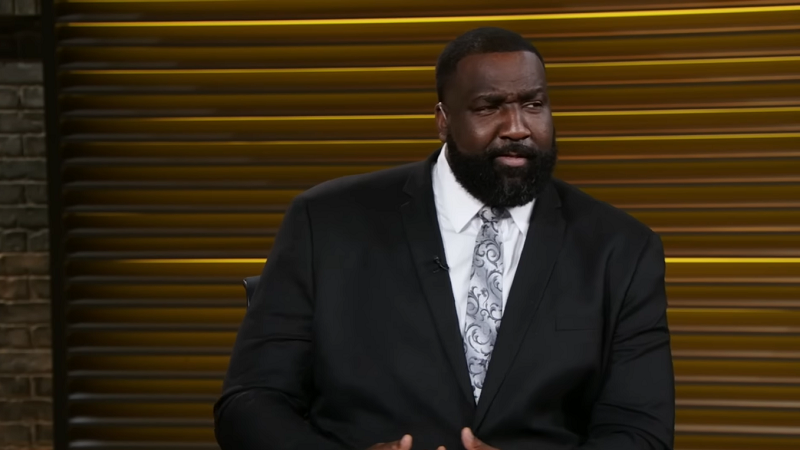Former NBA champion Kendrick Perkins has co-founded a new company called Nilly, which offers college athletes upfront cash in exchange for a portion of their name, image, and likeness (NIL) deals. While the company promotes financial security for athletes, it has sparked significant criticism and concern regarding its business model.
Nilly, co-founded by Perkins and Wall Street veteran Chris Ricciardi, provides athletes with payments ranging from $25,000 to hundreds of thousands of dollars. In return, the company claims exclusive rights to the athlete’s NIL for up to seven years and takes between 10% and 50% of their NIL earnings. This model has raised alarms among consumer protection experts and financial advisers, who caution that such deals could prey on young athletes.
One primary concern is the lack of financial literacy among many college athletes, which may lead them to accept these deals without fully understanding the long-term implications. Enticed by immediate cash, athletes might not realize the significant portion of future earnings they are forfeiting. Critics have compared these deals to high-interest loans, where athletes receive upfront payments but end up repaying much more in the long run due to the hefty percentage of NIL earnings taken by the company.
The pressure and desperation faced by college athletes, especially those from less privileged backgrounds, can also make them vulnerable to such agreements. Immediate financial needs might drive them to accept deals that are not in their best long-term interests. Additionally, the relatively new and unregulated NIL landscape creates an environment where predatory practices can thrive, as there are few safeguards to protect young athletes from potentially exploitative deals.
To address these concerns, it is crucial to provide college athletes with better financial education and support. Universities, athletic programs, and governing bodies should work together to ensure athletes understand the full implications of NIL deals and have access to unbiased financial advice.
While Nilly’s business model aims to offer financial security, it is essential to balance this with the long-term well-being of the athletes. Ensuring they are not exploited and can make informed decisions about their financial futures should be a top priority.


